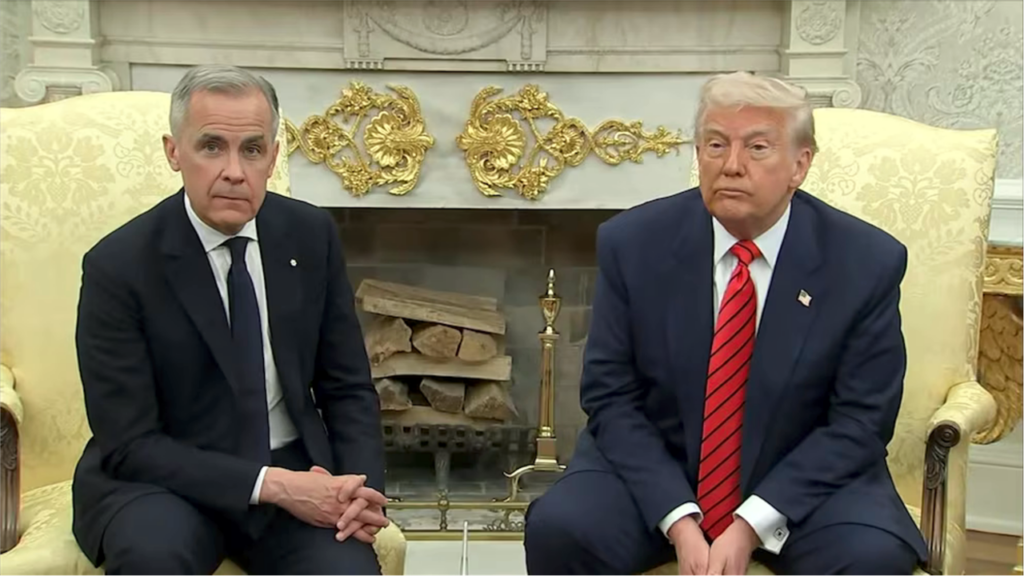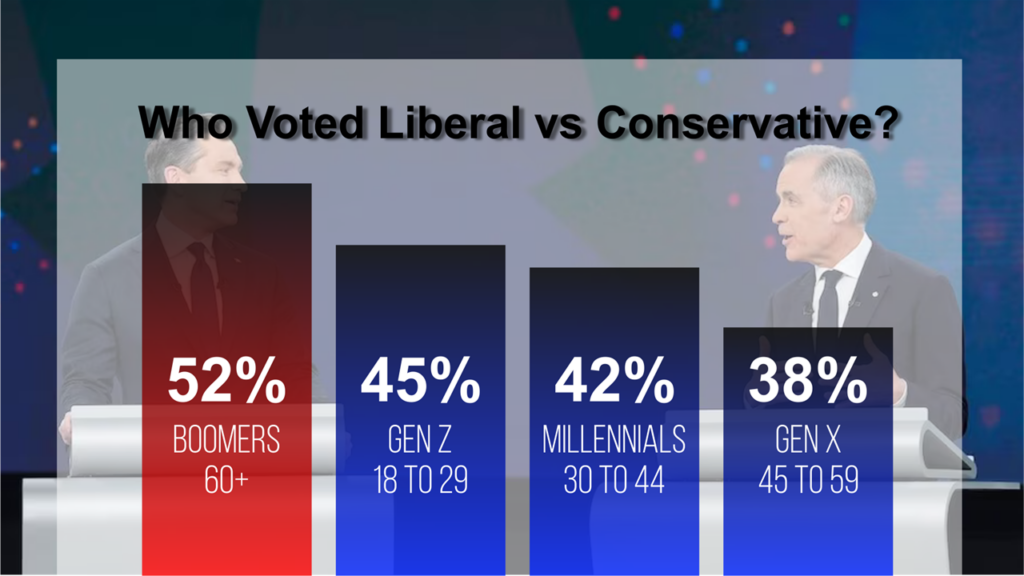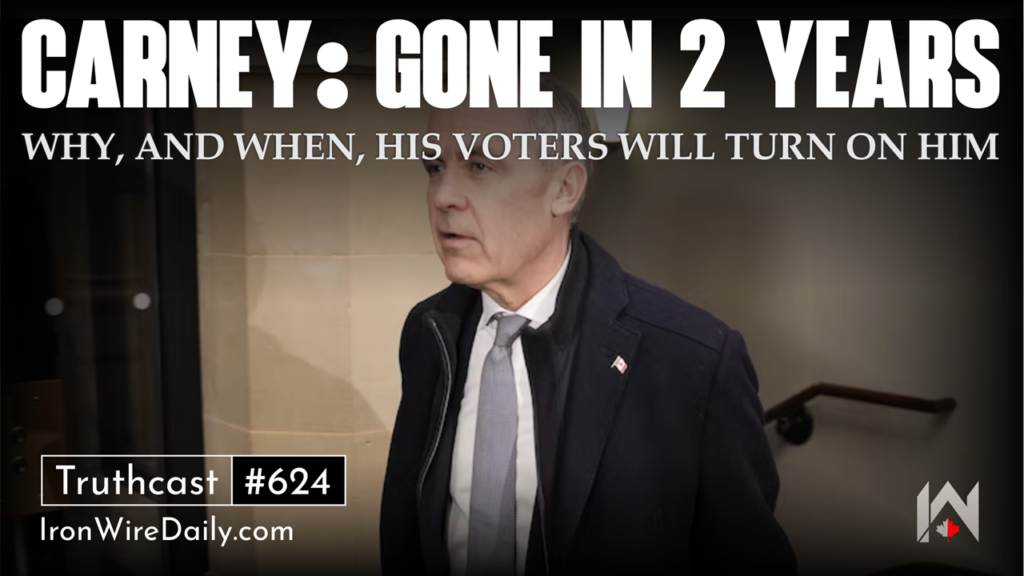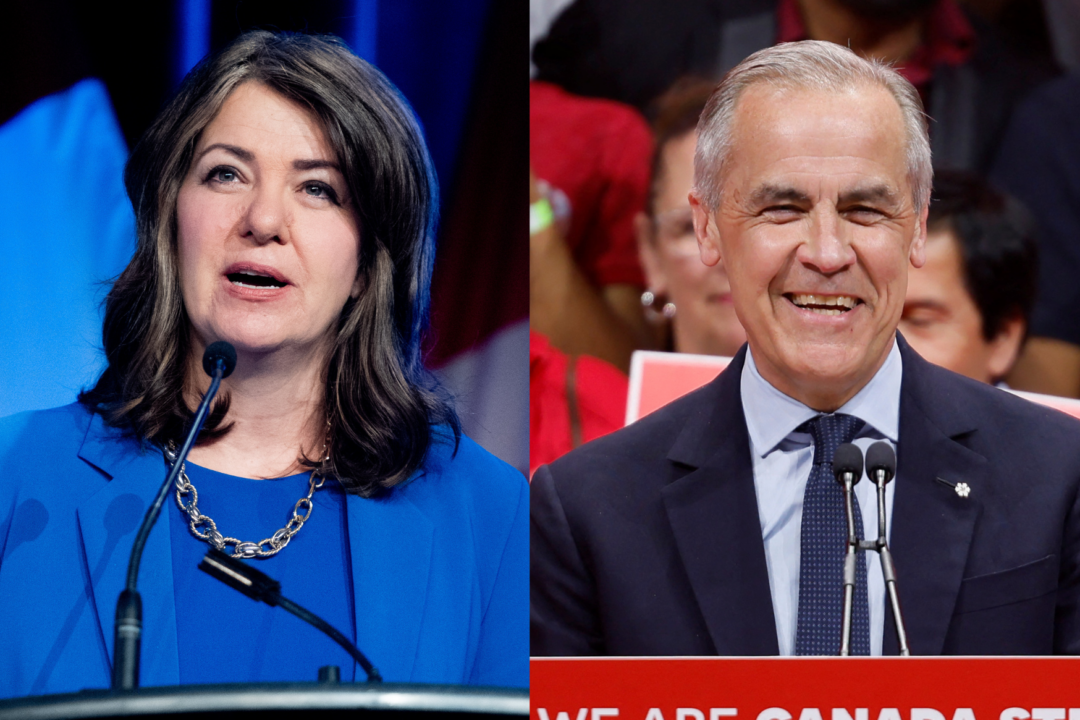“Keep The Government Out”: NPR’s Katherine Maher Continues To Make The Case For Defunding NPR
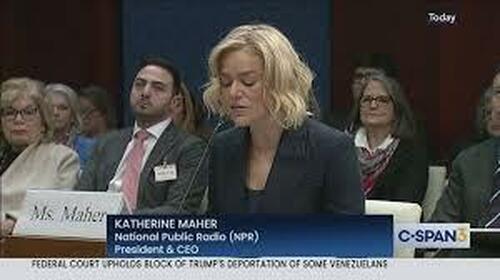
Recently, we discussed how National Public Radio CEO Katherine Maher made the conclusive case before Congress why funding for NPR should be terminated.
Not to be outdone, Maher seemed to return to CBS to build her case further against her state-sponsored media outlet.
Objecting to President Donald Trump’s criticism of NPR, Maher explained that “from my perspective, part of the separation of the First Amendment offers is to keep government out.” Precisely.
The portrayal of NPR as unbiased and balanced is laughingly absurd. Indeed, many of us objected to Maher’s selection after years of declining audiences and increasing criticism. Maher had a long record of far-left public statements against Republicans, Trump, and others.
This is the same CEO who attacked a respected senior editor who tried to get NPR to acknowledge its bias and restore greater balance on the staff.
Uri Berliner had watched NPR become an echo chamber for the far left with a virtual purging of all conservatives and Republicans from the newsroom. Berliner noted that NPR’s Washington headquarters has 87 registered Democrats among its editors and zero Republicans.
Maher and NPR remained dismissive of such complaints. Maher attacked the award-winning Berliner for causing an “affront to the individual journalists who work incredibly hard.” She called his criticism “profoundly disrespectful, hurtful, and demeaning.”
Berliner resigned, after noting how Maher’s “divisive views confirm the very problems at NPR” that he had been pointing out.
Many of us were watching the CBS interview given the years of alleged bias at NPR, including spiking stories like Hunter Biden’s laptop.
Little of that history appeared relevant for CBS even though it was the record cited by those seeking to cut off funding. Instead, host Margaret Brennan omitted much of the complaints and kept the questions general and relatively benign:
“The language in there says government funding of news media and this environment is outdated and unnecessary, corrosive to the appearance of independence, and Americans have the right to expect if their tax dollars fund public broadcasting, that it’s fair, accurate, unbiased and nonpartisan. How do you respond to the implication that your news coverage is not?”
She then focused on issues like the use of woke language:
“The White House faults your editors for avoiding the term biological sex when discussing transgender issues. They apparently want you to use the term pro-life and faulted your use of the term ‘anti-abortion rights’ to refer to activists.”
Maher was able to avoid the type of tough questions that she faced before Congress and claimed to be defending an independent media.
For critics, CBS interviewing NPR on media bias is itself bemusing. Host Margaret Brennan has been repeatedly criticized for bias from her handling of the presidential debate to her recent pushing of the “baby hoax.”
CBS is also under fire over its controversial editing of the interview with Kamala Harris to remove an embarrassing word salad response on Middle Eastern policy.
After the Maher interview, Scott Pelley produced another controversial interview. He featured Democratic lawyer Marc Elias as an example of lawyers being attacked by Trump. Yet, he never mentioned that Elias was not only a court-sanctioned lawyer but also a key figure in the infamous Russian dossier scandal. It somehow skipped Pelley’s mind, or he did not think viewers should know.
The greatest irony, however, came from Maher herself in reminding listeners how important it is to keep the government out of the media. She is running a state-supported media outlet and has been protected for years by Democratic allies.
In the end, NPR’s bias and contempt for the public over the years are well-documented. But this should not be the reason for cutting off such funding. Instead, the cutoff should be based on the principle that democracies do not selectively subsidize media outlets. We have long rejected the model of state media, and it is time we reaffirmed that principle. (I also believe there is ample reason to terminate funding for Voice of America, although that is a different conversation.)
Many defenders of NPR would be apoplectic if the government were to fund such competitors as Fox News. Indeed, Democratic members previously sought to pressure cable carriers to drop Fox, the most popular cable news channel. (For full disclosure, I am a Fox News legal analyst.)
Ironically, Fox News is more diverse than NPR and has more Democratic viewers than CNN or MSNBC.
The CBS interview should be the final capstone on this debate. It is time to heed Katherine Maher. It is time to keep “government out” of the media. It is time to end the funding of NPR.
* * *
Jonathan Turley is the Shapiro professor of public interest law at George Washington University and the author of “The Indispensable Right: Free Speech in an Age of Rage.”
Loading…
